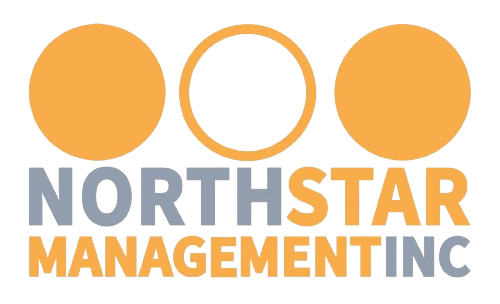Resources for Owners
- Home
- Resources for Owners
Resources for Owners
Living in a Condominium can be a rewarding experience. According to the Auditor General report on the Condominium Industry in Ontario more than 890,000 families call home a Condominium unit in this Province.
There are different type of Condominium Corporations.
- Standard Condominiums
- Leasehold Condominiums
- Vacant Land Condominiums
- Common Elements Condominium
- Phased Condominiums
- Amalgamated Condominiums
If you live in a Condo the chances are your Condominium is either a Standard or a Common Element one.
The following passages would refer only to standard one as the most popular type of Condominium Corporation in the Province.
Below we are listing a number of frequently asked questions we have received from Condo owners.
Why buy a Condo?
There are several advantages of living in a Condominium.
- There are multiple services and amenities provided by Condominiums (like landscaping & snow removal, swimming pool, tennis courts, gyms, concierge, security, cleaning, waste disposal, heating and water, and many more)*
- Based on the type of Condominium there are a number of repairs & maintenance services provided for the owners (roof maintenance and replacement, windows, doors, garage door, garage, swimming pool etc). These services are paid by the unit owners in the form of common element fees.
- Most if not all mandatory services are provided by the Corporation (eg. vents cleaning, fire testing, chimney inspection, etc)
Condominiums also provide a cost advantage compared to traditional private houses.
As a Condo owner what are my rights?
- You have the right to voice your opinions. At every owner’s meeting, owners have the right to hold their Board and Management accountable for how the Corporation is being run.
- Owners have the right to choose the Corporation auditor.
- Owners have the right to run for a Director’s position in the Board of Directors of the Corporation.
- Owners can call an owner’s meeting (provided that 15% of the owners requisition the meeting).
- Owners have the right to request Corporation records. (A procedure needs to be followed depending on the type of record).
- Owners have the right to vote on any matter pertaining to the Corporation (bylaws, Declaration amendments, rules, etc).
- Owners can file a claim at CAT against their Corporation.
How can I run for a Board position?
Owners** have the right to run for a Director’s position. The Annual General Meetings are usually the time when Condos elect their new Board Members. To run, each owner would have to examine the bylaws of his own Corporation, however, the standard requirement from the ACT are the following:
- Be 18 years or older
- Not be in bankruptcy
- Not have a lien registered against them that has not been discharged 90 days prior to the elections.
To run for the Board, the owner needs to fill the Candidate Disclosure Form and/or nominate himself (or get nominated) during the meeting.
** Some corporations would allow nonowners to serve on the Board of Directors.
Can an owner vote on the Budget?
Sometimes owners would not agree with the increase in the common element fees or being levied a special assessment. At such times owners assume they have the right to vote on the budget or the assessment.
Providing that the Corporation has informed the owners (whether by notice or at a duly called owner’s meeting) about the reasons for the increase or the assessment, the owners do not have the right to vote on the fiscal year budget or a required special assessment.
Some repairs or requirements can not be voted on. The Board of Directors (that would pay the same fees or special assessment) has a comprehensive understanding of why that increase or assessment is necessary. (eg. owners can not vote on wether the Corporation should obtain insurance)
There are a lot of unknown terms and acronyms in the Condo language. How am I supposed to know them all?
Every industry uses its own professional terms. The Condominium industry is no exception. While there are important notions that every owner should be aware of (e.g Lien, special assessment, insurance premiums/deductibles etc), most of the other concepts can be researched online.
At this link you will find a list of some of the most used words/acronyms in the industry.

